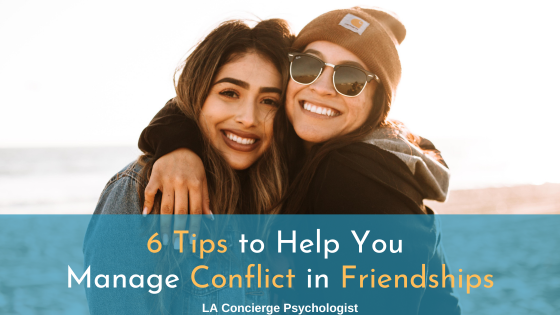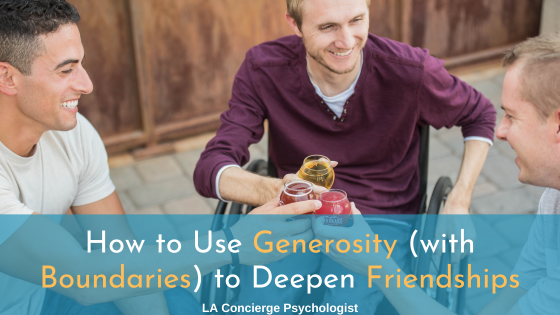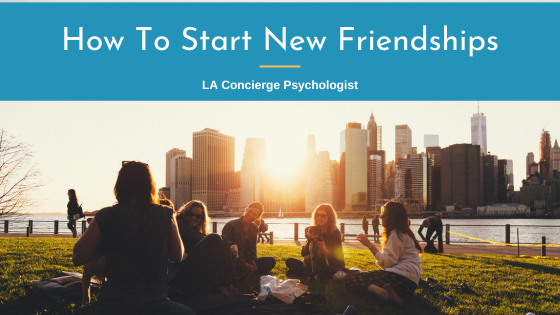How To ‘Inoculate’ Your Teen Against Anxiety
When your teen gets anxious or faces a challenging situation, what do you do? If you are like most parents, your instinct is to immediately intervene to save your child from discomfort. But is this really the best approach? While you may feel compelled to protect your teen from negative experiences, a recent TED talk on teenage anxiety casts doubt on this parenting style.
Dr. Anne Marie Albano is a Professor of Medical Psychology. Her research into child and adolescent psychology has influenced modern psychologists’ approach to diagnosing and treating teenage anxiety. In early March 2020, Dr. Albano spoke at TEDMED 2020. This is the independent health and medicine edition of the world-famous TED conference.
Dr. Albano’s talk, “How to raise kids who can overcome anxiety,” is one of the best TED talks on teenage anxiety I have seen. It is a must-watch if you are the parent of an anxious teen or a mental health professional helping teens cope with anxiety. You can view it here on TEDMED.com. I will highlight the presentation’s key points below.
Albano’s firsthand experiences with childhood anxiety
Dr. Albano starts her presentation by sharing stories illustrating her early struggles with anxiety. In one account, she describes how her parents helped doctors hold her down for a vaccine injection. In another, she tells the story of how her parents forced her to continue attending her new school—despite her initial difficulties fitting in.
When she reached adulthood, Dr. Albano asked her parents why they were willing to put her through so much discomfort. The following, Albano says, was their response:
“Our hearts broke for you each time, but we knew that these were things that you had to do. We had to risk you becoming upset while we waited for you to get used to the situation with time and with more experience. You had to get vaccinated. You had to go to school,” they said. Dr. Albano now agrees with her parents’ approach. She realized that her parents “were doing more than than inoculating me from the measles. They were also inoculating [her] from a lifetime of anxiety disorders.”
Children who aren’t exposed to uncomfortable situations early on fail to learn coping skills. As a result, their discomfort continually increases. Generalized anxiety, separation anxiety, social anxiety, and other anxiety disorders in teens often co-occur. All this increases teens’ risks for depression, addiction, and suicidality.
Dr. Albano believes she was able to avoid all this in part due to her parents’ approach to parenting. They gave her opportunities to learn coping skills. Though these opportunities, she developed the ability to tolerate distress.
Are your parental instincts leading you astray?
Dr. Albano sympathized with parents whose hearts break to see their children suffering. She was quick to assure parents that they should always intervene when safety is concerned. For example, if their child is being severely bullied or is at risk for serious harm. However, when it comes to intervention, Dr. Albano distinguishes between truly harmful situations and those that are merely uncomfortable.
Throughout childhood, children will encounter many uncomfortable experiences. When they do things like trying out for a sports team, going to their first sleepover, or delivering an oral report, they risk not getting what they want, getting embarrassed, or making a mistake. Most parents’ instinct is to protect their children. This may look like preventing these situations from even taking place. And, when they do inevitably occur, the knee-jerk reaction is to rescue children from the consequences. As a result, their kids never get the chance to develop the self-soothing, problem-solving, and other vital skills every individual needs to thrive.
Another downside to rescuing your children is the implicit message you send. If you protect your child from every possible source of discomfort, they may begin to believe that they are incapable of handling it themselves. Their sense of efficacy will decline, along with their self-esteem. They may fail to leave the nest well into their twenties, perhaps ending up unemployed and dependent on their parents for all sorts of things. I’ve seen this very situation play out with many of my “failure to launch” emerging adult clients.
Helping teens with anxiety (without coddling them)
Does that mean parents shouldn’t help their children at all? Dr. Albano says it makes sense to offer more direct assistance when a child is young. “Calling the teacher to intervene or the other parents to arrange playdates, that may be fine at age five,” Dr. Albano says. “But what do you do if your child keeps coming home day after day in tears? Do you still fix things for them at age eight, 10, 14?”
Dr. Albano encourages parents to decrease the amount of direct assistance they give their children over time. The more experience their children have with difficult emotions, the more adept they will become at handling them. Parents who rob them of these learning opportunities stifle their development. Parents who recognize these situations as opportunities for growth may initially witness more discomfort in the beginning. However, their children struggle less overall the rest of their life.
Dr. Albano is not suggesting that parents let children handle difficult situations entirely on their own. She encourages parents to react to a child’s anxiety by first validating their child’s feelings, then helping them create a plan for dealing with the situation. “And then—this is key—to actually have the child deal with the situation themselves,” Dr. Albano says.
Parents’ role in anxiety management
A parent’s emotional response is important, too. Parents are “front and center in witnessing their child’s distress.” They tend to take on that stress themselves, magnifying overall anxiety levels in the household. “In typical, everyday anxiety-producing situations,” Dr. Albano says, “parents can be most helpful to their child if they remain calm and matter-of-fact and warm.” In other words, parents can help their children successfully manage anxiety by keeping their own in check.
Dr. Albano says anxious teens have a higher chance of recovery if their parents are involved in treatment. We recommend parents seek out therapists for teen anxiety who will actively involve them in the process. At LA Concierge Psychologist, helping teens with anxiety is one of our specialties. We offer counseling for teenage anxiety, family therapy, and parent coaching to create a support network that will allow your teen to flourish.
Visit our contact page to request more information or set up a free, 20-minute phone consultation with Dr. Goldman, our adolescent specialist.



